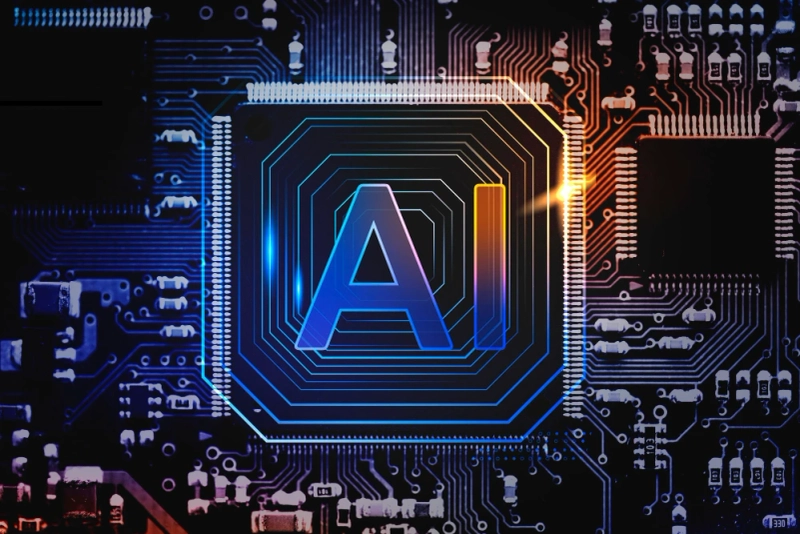Artificial Intelligence (AI) is revolutionizing how businesses operate, providing efficiency, automation, and valuable insights. Companies looking to integrate AI into their operations often turn to AI development services to ensure smooth implementation. However, building scalable AI solutions requires careful planning, the right infrastructure, and a deep understanding of business needs.
Understanding Scalability in AI Solutions
Scalability refers to an AI system’s ability to handle increasing amounts of data, users, and complex computations without compromising performance. Enterprise applications deal with large-scale operations, making scalability a key factor in AI development. A well-designed AI system should be able to process vast amounts of data efficiently, adapt to growing demands, and maintain speed and accuracy.
Key Considerations for Building Scalable AI Solutions
1. Choosing the Right Infrastructure
A scalable AI system relies on a strong infrastructure. Cloud computing platforms like AWS, Google Cloud, and Azure provide scalable resources that adjust based on workload demand. These platforms offer flexibility, ensuring that AI models run efficiently without overloading the system.
2. Data Management and Storage
Enterprises generate massive amounts of data daily. Efficient data storage solutions such as data lakes and distributed databases ensure seamless handling of structured and unstructured data. Proper data preprocessing, cleaning, and integration play a crucial role in maintaining AI model performance.
3. Optimized Machine Learning Models
AI models must be optimized for performance and efficiency. Techniques such as model compression, parallel processing, and transfer learning can improve processing speed while maintaining accuracy. Using frameworks like TensorFlow, PyTorch, and Scikit-learn enables enterprises to build robust AI solutions tailored to their needs.
4. Microservices Architecture
Adopting a microservices-based architecture enhances scalability by breaking down AI functionalities into independent services. This approach allows enterprises to scale specific components of their AI systems without disrupting the entire application.
5. Automated Model Deployment and Monitoring
Continuous monitoring ensures that AI models function correctly as data patterns change. MLOps (Machine Learning Operations) practices, including automated model training, deployment, and performance tracking, help maintain AI system efficiency over time.
Challenges in Scaling AI for Enterprises
While scalable AI solutions offer numerous benefits, they come with challenges such as:
- Computational Costs: Scaling AI models can be expensive, requiring high-performance computing resources.
- Data Privacy and Security: Handling large-scale data requires strict compliance with regulations like GDPR and HIPAA.
- Model Drift: AI models may lose accuracy over time due to changing data trends, requiring continuous retraining.
Future Trends in Scalable AI Solutions
The future of scalable AI solutions lies in advancements like:
- Federated Learning: Enables AI models to learn across multiple devices without sharing sensitive data.
- Edge AI: Reduces latency by processing data closer to the source rather than relying on centralized cloud servers.
- AI-driven Automation: Automates complex business processes, improving efficiency and decision-making.
Conclusion
Building scalable AI solutions for enterprise applications requires a well-structured approach, the right technology stack, and ongoing monitoring. By leveraging cloud platforms, optimizing machine learning models, and implementing best practices, businesses can ensure their AI systems grow efficiently alongside their operations. As AI continues to evolve, enterprises that prioritize scalability will remain competitive and innovative in the digital age.


